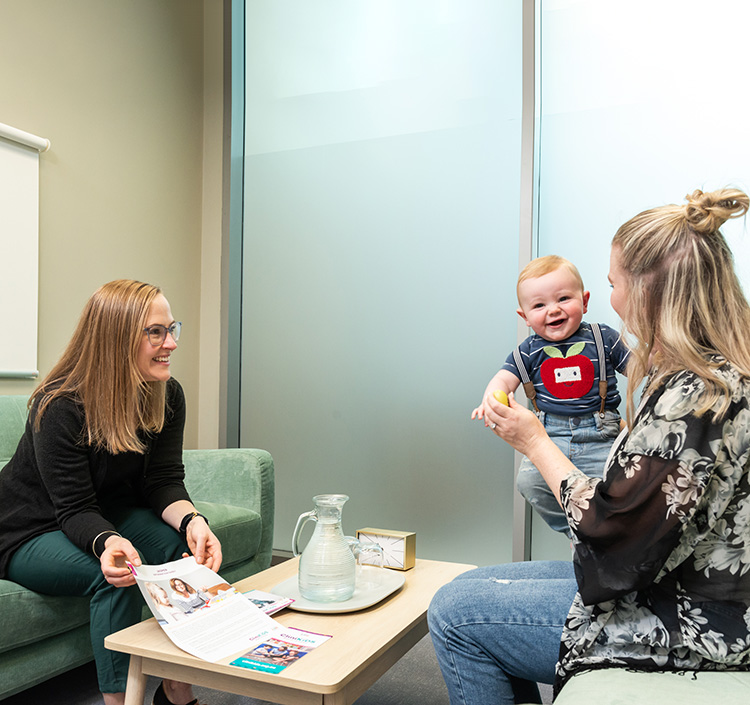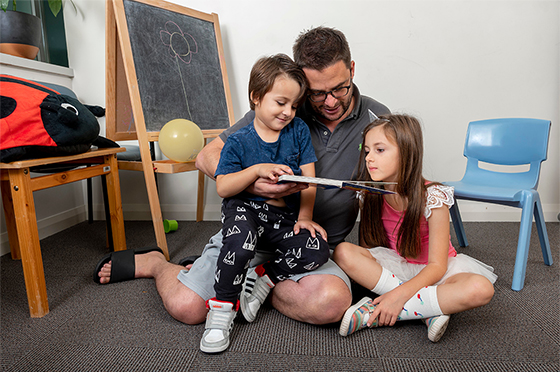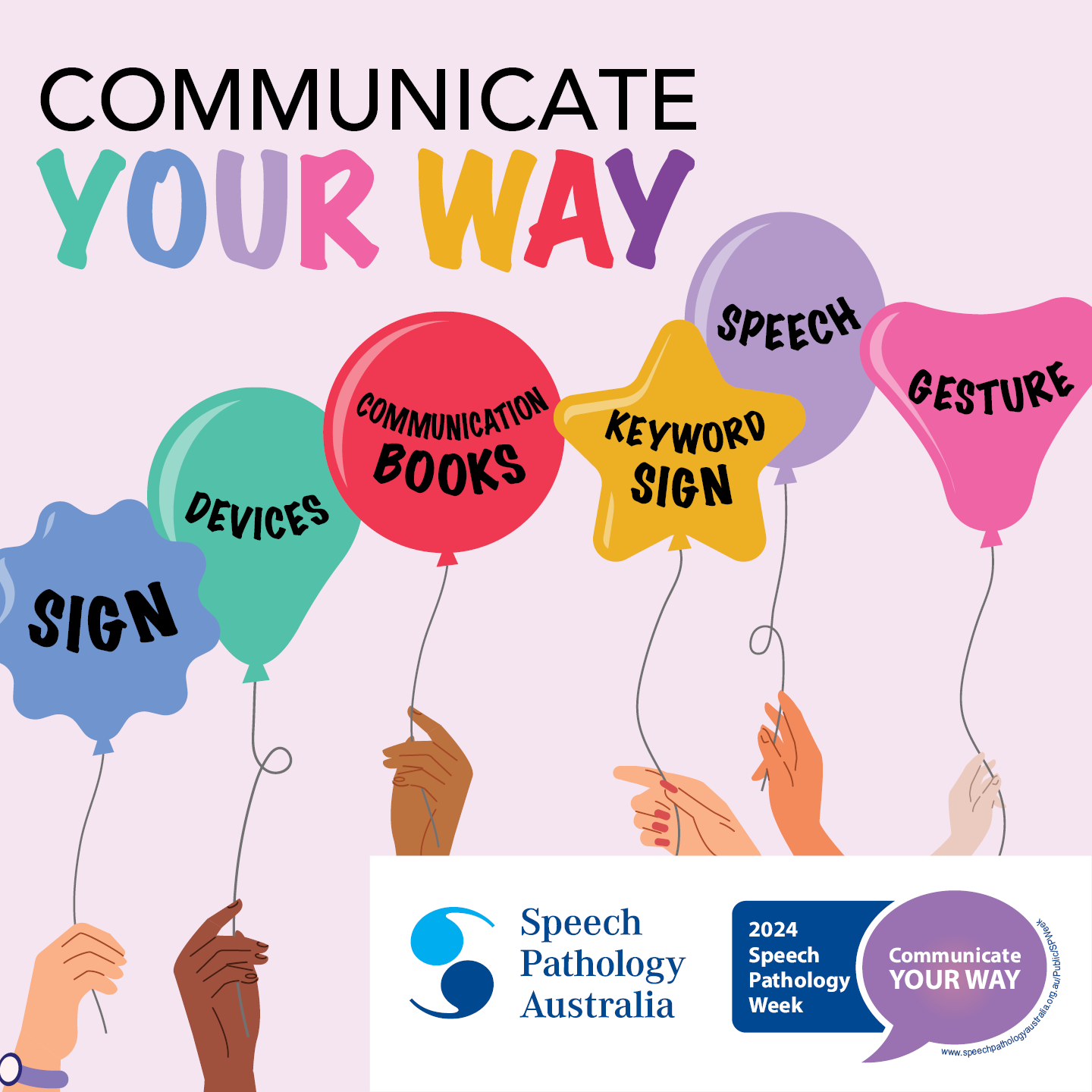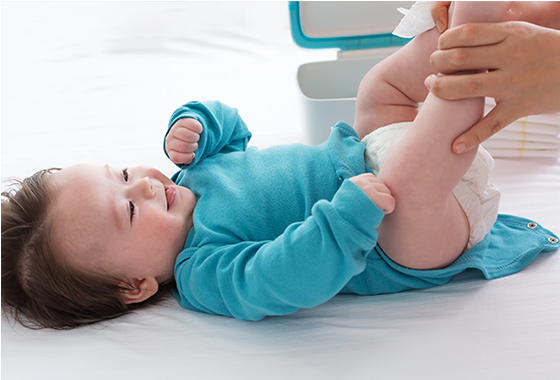Search
Our researchers have published many papers in world-leading paediatric autism and developmental delay journals. Browse their most recently published work here.

Here you'll find a wealth of information and resources to help support your child.

News & Events
Diagnosis and the ADOS: The essentials parents and clinicians need to knowIn this blog, you can read about one of the most common tools used in the autism diagnostic process – the Autism Diagnostic Observation Schedule.

News & Events
Reading between the lines: making book sharing funIn this blog, Speech Pathologist Genevieve Wilmot discusses the many benefits of book sharing and how it can promote connection and social and communication development.

News & Events
Communicate your wayTo kick off Speech Pathology Week 2024, we asked our clients, their families and the community to share the different ways they communicate. Senior Speech Pathologist Sally Grauaug compiled their ideas and feedback into this blog.

News & Events
Learning to brush teeth independentlyIn this blog, Curtin University Occupational Therapy student Emily Mower shares some tips to help your child successfully brush their teeth.

News & Events
Bathtime can mean more than just getting clean!In this new blog, Speech Pathology Lead Aria May explains how bathtime is a great opportunity to support social communication with your child.

News & Events
What the autistic community wants you to know about autismFor World Autism Acceptance Day, we asked our clients, their families and the community to tell us what they would like people to know about autism. Senior Speech Pathologist Sally Grauaug compiled their ideas and feedback into this blog.

News & Events
Making the most of nappy changesIn this blog, Speech Pathology Clinical Lead Aria May and Occupational Therapy Clinical Lead Marie Rodatz share their top tips for making the most of nappy changes to help create more opportunities for connection.

News & Events
Importance of boredomIn this blog, Clinical Psychologist and Clinical Lead (Psychology) Dr Mei’en Lim offers families — both parents and children — advice on how to embrace boredom.
